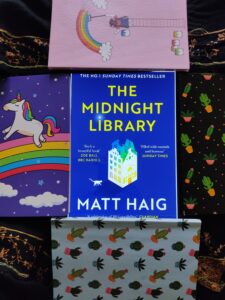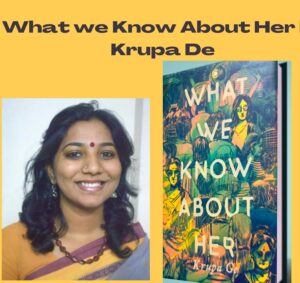Book: After Dark
Author: Haruki Murakami
Publication: RHUK (5 June 2008)
Pages: 208
Price: Click the link
Review Rate: 5
Introduction:
Norwegian Wood cannot provide me with the satisfaction that I expect from Haruki Murakami (born in on1949, Kyoto, Japan). I feel desperate to taste more of his intoxicating language. So, I grab After Dark. Murakami always places a puzzle of emotional crisscross before me. A tangible mystery keeps overshadowing me as I move along the spell of Murakami’s novel. In a way, it is like fathomless music wafting from a faraway country.







Pingback: Adultery, Paulo Coelho, Book Review and Book Recommendation
Pingback: The Poison of Love K.R.Meera Book Review blogalvina.com
Pingback: Sputnik Sweetheart by Haruki Murakami - Blog Alvina
Pingback: Norwegian Wood by Haruki Murakami - Blog Alvina